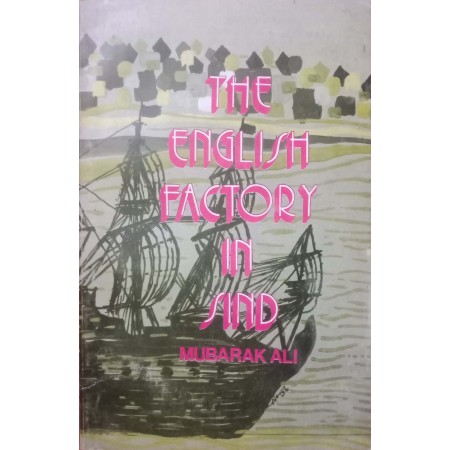







When the English arrived in India, their chief concern, !'I like -the other European nations, was to get trade concessions and the royal permission from the Mughul Emperor to establish their factories at the coastal towns and in the important commercial cities of the Empire. To achieve these objects, the Company first sent William Hawkins(who visited India from 1609 to 1611), to pursue the Mughul Emperor to allow the Company to have free trade facilities and factories in India. Hawkins failed to get these concessions as a result of the Portuguese opposition( who were very influential at the Mughul court and who had tile support of the strong nobles of the Empire.

When the English arrived in India, their chief concern, !'I like -the other European nations, was to get trade concessions and the royal permission from the Mughul Emperor to establish their factories at the coastal towns and in the important commercial cities of the Empire. To achieve these objects, the Company first sent William Hawkins(who visited India from 1609 to 1611), to pursue the Mughul Emperor to allow the Company to have free trade facilities and factories in India. Hawkins failed to get these concessions as a result of the Portuguese opposition( who were very influential at the Mughul court and who had tile support of the strong nobles of the Empire. The failure, however, taught a lesson to the English that their staunch enemies were the Portuguese and without crushing their power neither they would get concessions nor any respect at the Mughul court. In 1612, Captain Best defeated the Portuguese at Swally. The incident produced the desired results. It made the English respectable in the eyes of the Indian ruling classes and in 1613, Jahangir awarded a farman (royal pattern) to the English allowing them to trade at Surat, Ahmadabad, Cam bay, and Goya. i According to the farman "all English goods should pay custom at the rate of 3; per cent upon the value or price they were worth when put into the Custom House."